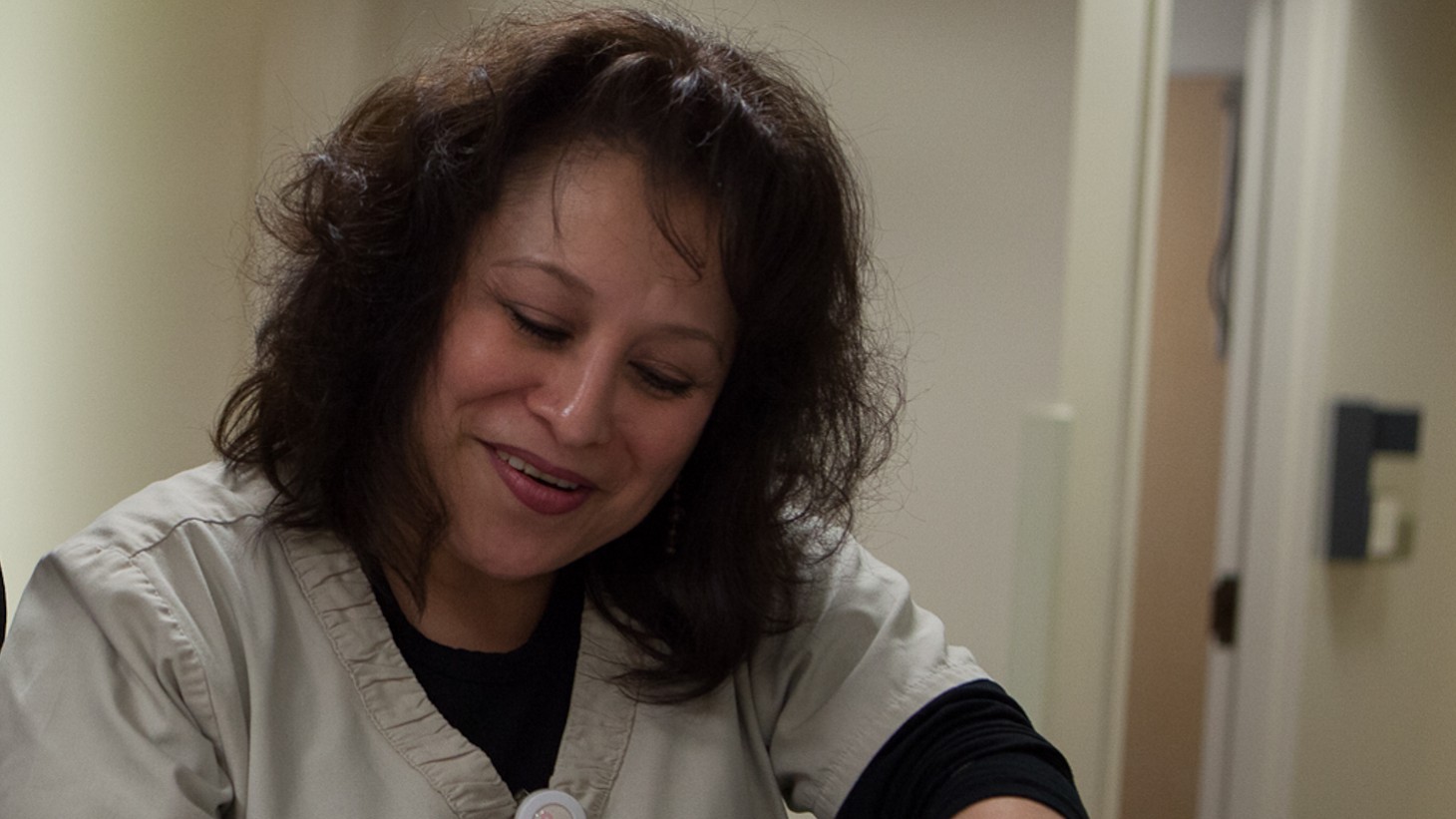Hank Spring 2014
In Practical Terms

Medical assistants (MAs) are among the many types of caregivers who may be directly affected by the changes coming to health care.
A look at how one job—that of medical assistant—may be changing across the industry
Medical assistants (MAs) are among the many types of caregivers who may be directly affected by the changes coming to health care, as these lists—developed by the Center for Health Professions at the University of California, San Francisco—demonstrate.
Kaiser Permanente’s 10,000 medical assistants are key members of their care teams. They’re often the first staff member to touch or treat a patient. Research like that at UCSF gives workforce planners tools to help identify the new job skills and training that will be needed as health care evolves.
The table below, summarizing the possible changes to the MA’s job, provides examples of how Kaiser Permanente and its workforce can prepare for the future.
Current Essential Job Skills(partial list) | Future Job Skills/Innovations(partial list) |
|
Source: UCSF Center for Health Professions |
